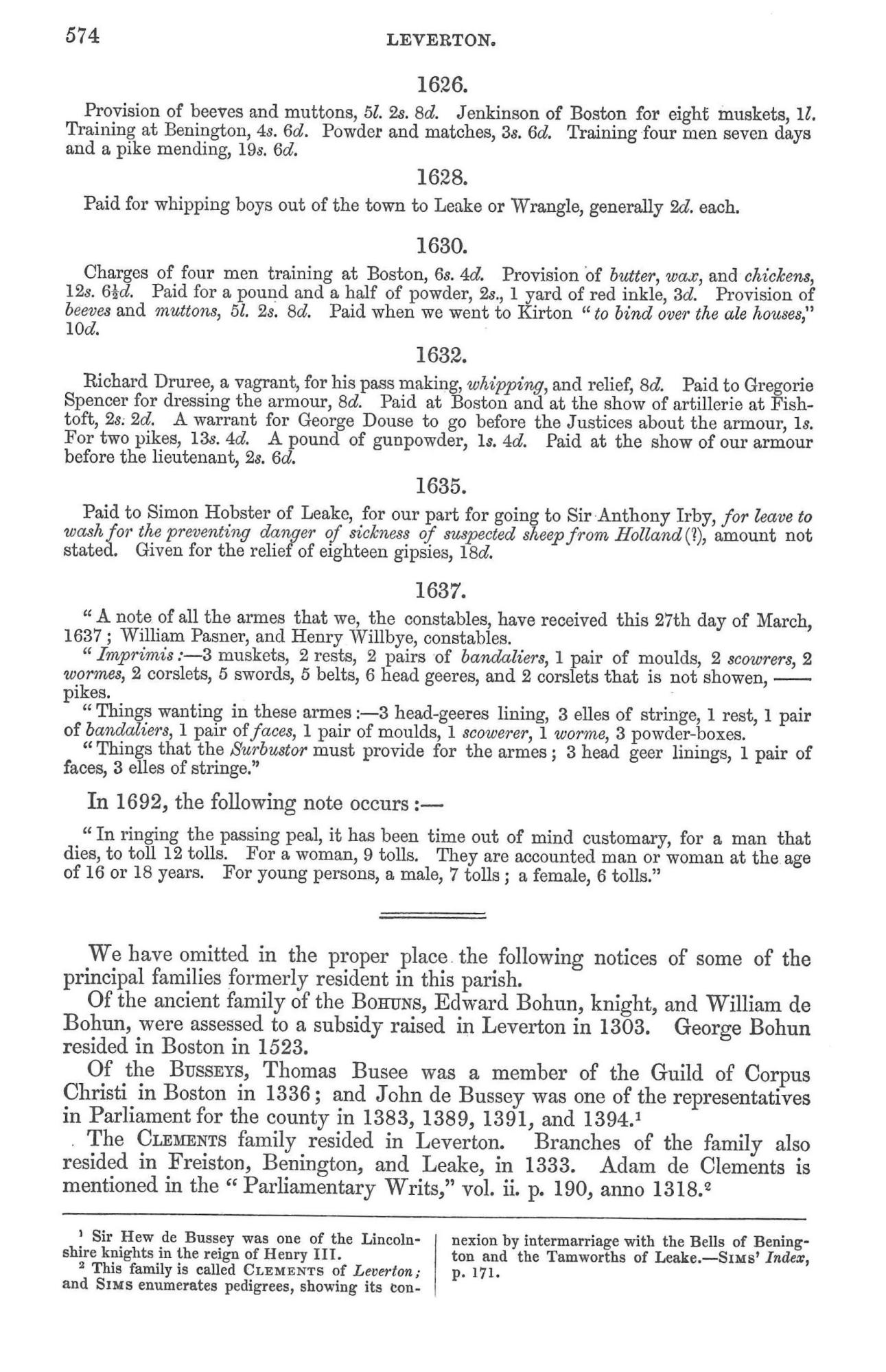Memories and Artefacts
Topic 3: Memories and Artefacts
Eye-witness accounts:
For more recent history, it may be possible to talk to someone who was there. Eye witness accounts can provide details that are not available in written records, or formal histories.
They are also a limited resource that often disappears before people realise their importance. Friends and relatives can often surprise you with information about events that you didn’t realise they witnessed.
You can also find people who were in the thick of things. For a recent Lincolnshire documentary, researchers were able to speak to crews of Lancaster bombers who flew on the pathfinder missions. Another example would be to talk to the gardener who worked on a particular estate.
In all cases it is important to make sure people are happy to talk to you, and respect their silence if do not wish to do so.
Another important thing is to write these things down. In the audio clip, you will hear a researcher talking about things they were told in their younger days that they didn’t write down, and now they can only remember part of the story. Don’t make the same mistake and regret it.
QUIZ
Question 1
Have a look at the two maps below. See if you can spot at least three changes that have happened between 1888 and 1907.
Swipe left or right to see if you’re correct
-
1. Question
Question 2
At the beginning of the topic we discussed primary and secondary sources of information. Pick three documents from the list below that you think are primary sources:

